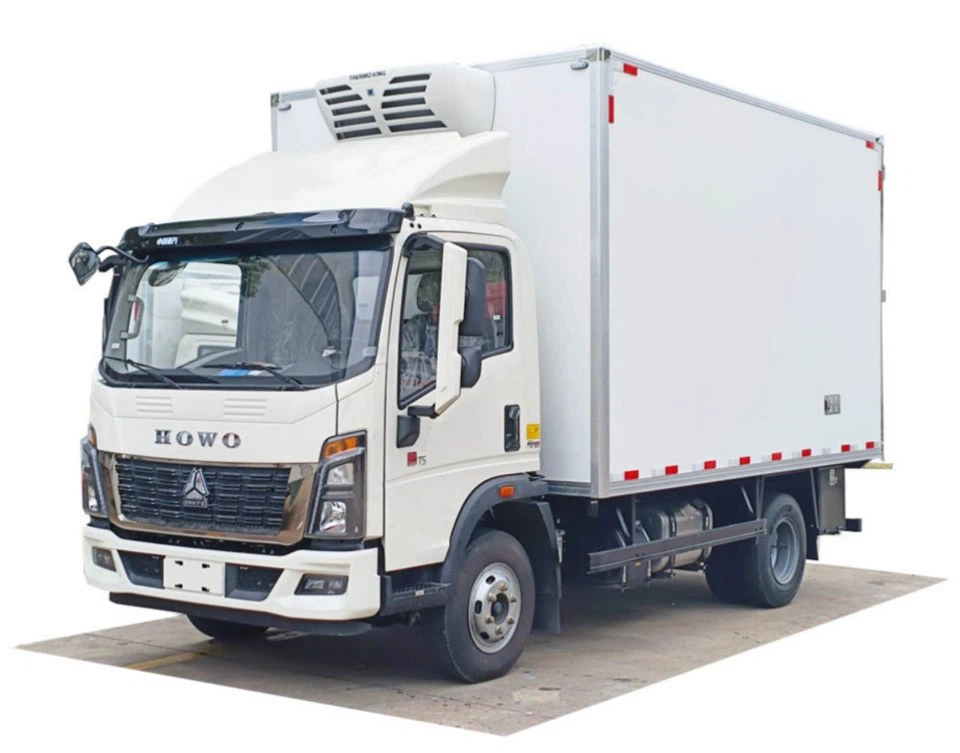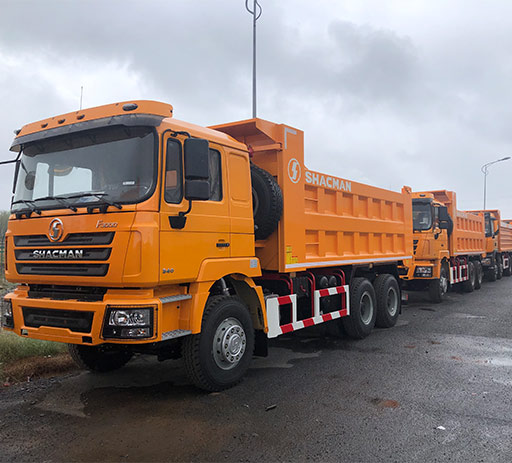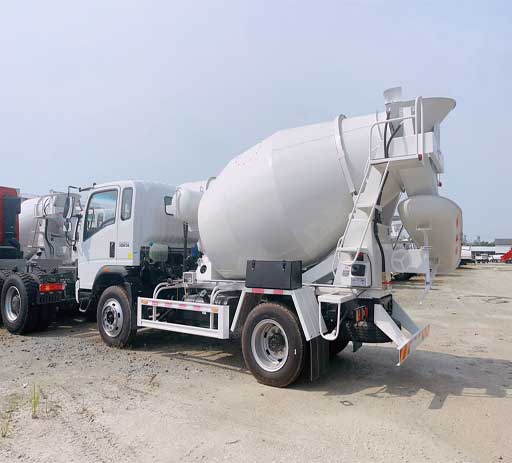Ultimate Guide to Truck Auctions: Bid Smart and Save Big

Truck auctions have become a popular avenue for businesses and individuals looking to purchase quality vehicles at reduced prices. Whether you’re a fleet manager seeking to expand your company’s lineup or a private buyer hunting for a reliable truck, understanding the nuances of truck auctions can make a significant difference. This comprehensive guide will walk you through everything you need to know about truck auctions, including how to navigate the process, what to expect, and tips to ensure a successful purchase.
What Are Truck Auctions?
Truck auctions are events where trucks and other heavy vehicles are sold to the highest bidder. These auctions can take various forms, including live in-person events, online auctions, and hybrid models combining both formats. They offer a unique opportunity to acquire trucks that may have been previously owned by government agencies, businesses, or individuals.
Types of Truck Auctions
- Government Auctions: Trucks seized by law enforcement or retired from government fleets.
- Dealer Auctions: Auctions conducted by dealerships to sell off excess inventory or trade-ins.
- Online Auctions: Platforms where bids are placed electronically, offering convenience and accessibility.
- Charity Auctions: Events where proceeds go to charitable organizations.
Why Buy from Truck Auctions?
There are several reasons why truck auctions are an attractive option:
- Lower Prices: Trucks at auctions can be priced significantly lower than retail.
- Variety: Auctions provide access to a wide selection of vehicle types and models.
- Potential for Deals: You can often find well-maintained vehicles if you know what to look for.
How to Prepare for a Truck Auction
1. Research the Auction Platform
Before attending an auction, familiarize yourself with the auction house or online platform. Check their reputation, read reviews, and understand their processes.
2. Know Your Needs

Define what you’re looking for. Consider the type of truck, brand, model, and crucial features you need. This will help narrow down options during the auction.
3. Set a Budget
Establish a budget not only for the purchase price but also for additional expenses such as taxes, registration fees, and potential repairs. Stick to this budget to avoid overspending.
Understanding the Auction Process
Registration and Bidding
Most auctions require prior registration. This process includes providing personal information and, in some cases, a deposit. Bidding generally begins at a set price, and participants raise their bids as competitors vie for the vehicle.
Inspection Time
Prior to the auction, take advantage of inspection periods to evaluate the condition of the trucks. Look for any damage, rust, or mechanical issues and ask for maintenance records if available.
Tips for Bidding Successfully
1. Stay Calm
Emotions can run high during bidding wars. Stay composed and don’t get caught up in the moment, which can lead to overspending.
2. Know When to Walk Away
If a truck exceeds your budget or doesn’t meet your expectations, be prepared to walk away. There will always be more opportunities.
3. Use a Proxy Bidder
If you can’t be present at the auction, consider using a proxy bidder. This person can act on your behalf and bids according to your input.
Post-Auction Considerations
Payment Techniques
Most auctions require immediate payment or a specified timeframe to complete the transaction. Understand the payment methods accepted, which may include cash, checks, or financing options.
Transporting Your Truck
Plan how you will transport your truck post-purchase. If you’re buying from an online auction, make arrangements for delivery or consider driving it back if it’s safe to do so.
Common Types of Trucks Available at Auctions
| Truck Type | Common Uses | Example Models |
|---|---|---|
| Light-Duty Trucks | Personal transport, small businesses | Ford F-150, Chevrolet Silverado |
| Medium-Duty Trucks | Delivery, construction | Ford F-750, Isuzu NPR |
| Heavy-Duty Trucks | Long-haul transport, construction | Freightliner Cascadia, Kenworth T680 |
| Dump Trucks | Construction, landscaping | GMC Topkick, Ford F-Series |
| Cargo Vans | Delivery, cargo transport | Mercedes-Benz Sprinter, Ford Transit |
Maintaining Your Auction-purchased Truck
Regular Maintenance

Regular checks and maintenance are essential to keep your truck in good working condition. Follow the manufacturer’s maintenance schedule to ensure longevity.
Document Problems
If issues arise, document them and have them repaired promptly. Ignoring small problems can lead to more significant expenses down the line.
Frequently Asked Questions (FAQ)
1. Are truck auctions trustworthy?
Yes, reputable truck auctions follow stringent regulations and provide vehicle histories. Always conduct due diligence before bidding.
2. How can I find upcoming truck auctions?
Check local classifieds, auction house websites, and online auction platforms for listings of upcoming events.

3. What should I look for during an auction inspection?
Inspect for body damage, interior condition, engine issues, mileage, and ask about maintenance records.
4. Can I return a truck after purchase?
No, auction sales are typically final, so ensure you are satisfied with your choice before bidding.
5. What documents do I need to register for a truck auction?
You typically need a government-issued ID and sometimes a deposit depending on the auction house’s policy.
6. How do online truck auctions work?
Online truck auctions allow you to bid from anywhere. You register, view trucks, place bids, and win as if you were at a live auction.
